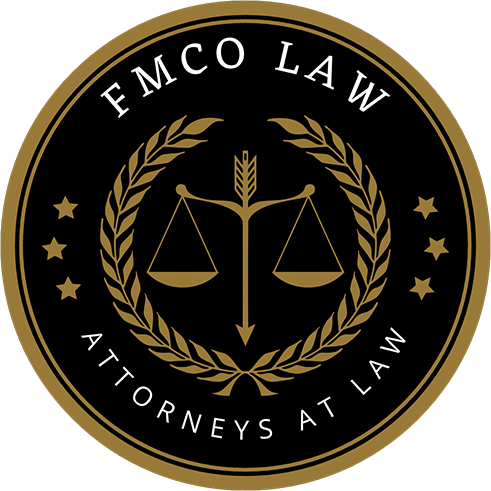Returning to work after a worker’s compensation-covered injury depends on a few factors. Your treating physician, your employer, and you, the injured workers, all have a say in when the right time to return to work is. Determining whether you’re ready to start working again depends on several factors, like:
- Are you fully recovered from your injury?
- Have you reached the Maximum Medical Improvement (MMI) for your injury, according to your treating physician?
- Has your treating physician approved your return to work as long as you are provided certain accommodations?
- Have you been medically cleared to return to work but feel you aren’t fully healed from the injury?
These are things to consider as you work with your employer to establish a return to work date and determine what accommodations you may need.
The Employer’s Obligation for Your Return to Work
If your workplace injury qualifies for Illinois workers’ compensation coverage, your employer has a few obligations to you.
First, they must keep your job open until you return to work. Second, they must make reasonable accommodations for you to do your job once you return. Third, they cannot fire you for filing a workers’ comp claim or for being on a leave of absence.
However, Illinois is an at-will work state, meaning an employer can fire you for other reasons. Employees also aren’t required to make another position available if you cannot do the required job duties because of the damage from your injury.
If you were terminated after filing a worker’s comp claim, you might want to talk to a Geneva, IL, employment lawyer about your rights.
Working with Your Doctor to Determine MMI
When you file a workers’ compensation claim, you are usually required to go to an employer-approved doctor or medical center. The doctor that you see for your post-injury treatment becomes your treating physician, and that’s who will determine when you’re able to return to work.
Part of Illinois workers’ comp coverage requirements is that the injured worker follows all medical directives post-injury, including attending all follow-up doctor appointments and physical or occupational therapy sessions.
Your treating physician monitors your progress and recommends when you’ve reached the Maximum Medical Improvement for your injury.
MMI doesn’t mean that you’re completely healed or back to normal. Your MMI is the doctor’s assessment that no further medical improvement for your condition can reasonably be expected.
For example, suppose that you suffered a crushing injury at a manufacturing plant, and three of your fingers were amputated. In that case, your MMI may mean that the amputation site is fully healed and you’re ready for a prosthetic.
Once the treating physician determines your MMI, they can clear you to return to work or return to work with accommodations for your newly changed abilities.
What are your options if you’re medically cleared to return to work but don’t feel capable of working?
Once you’re medically cleared to return to work, you have to go back. Your worker’s comp benefits stop when you’ve reached MMI. However, in some cases, you may be eligible for partial benefits, such as if you’re able to work part-time until you heal more.
If your condition renders you permanently disabled, then you could qualify for extended Illinois workers’ comp benefits.
Your Illinois workers’ compensation lawyer can help you understand what you’re eligible for and appeal a decision by your employer to stop paying benefits.
Understand Your Rights Under Illinois Workers’ Compensation
Workers’ comp is intended to ensure you receive good medical care and enough time to heal before returning to work. If you believe your rights have been violated, contact a workers’ comp lawyer in Geneva, IL, from Foote Mielke Chavez & O’Neil. Reach out today to schedule a consultation.

